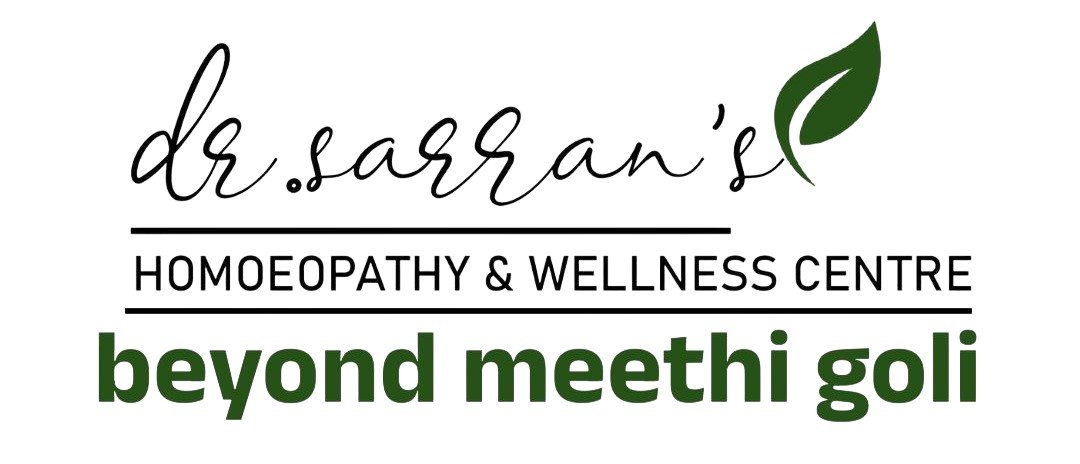Allergies

Allergies are immune system reactions to substances that are usually harmless, triggering symptoms such as sneezing, itching, hives, or more severe reactions like anaphylaxis. Common allergens include pollen, dust mites, pet dander, foods, and insect venom. Allergies can significantly impact quality of life and require appropriate management and avoidance strategies.
Homeopathic Treatment for Allergies
Homeopathy offers a natural and holistic approach to managing allergies. It focuses on identifying the root cause of allergic reactions and strengthening the body’s immune system to reduce sensitivity to allergens like pollen, dust, or food. Homeopathic remedies are safe, non-invasive, and free from side effects, making them suitable for all age groups.
If you’re seeking homeopathic allergy treatment in Malad West, consult Today
How We Treat Diseases?
OUR PROCESS
What we do
We Care About You
We provide personalized care for conditions, focusing on treating the root cause, not just the symptoms, through a holistic approach.
We give you
Homeopathic Advice
Our expert team offers tailored homeopathic solutions for diseases, helping to restore your body’s natural balance without side effects.
We offer professional
Homeopathic Services
We provide comprehensive diagnostic and homeopathic treatment services to manage and improve conditions, supporting your journey to wellness.
Introduction to Allergies
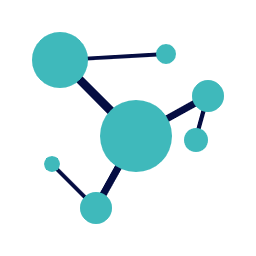
Understanding Allergies
Providing an overview of what allergies are and how they affect the body's immune system.
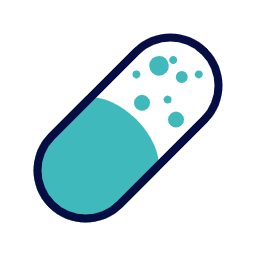
Types of Allergies
Exploring different types of allergies, including seasonal allergies (hay fever), allergic rhinitis, food allergies, insect sting allergies, drug allergies, and allergic skin conditions (eczema, hives).
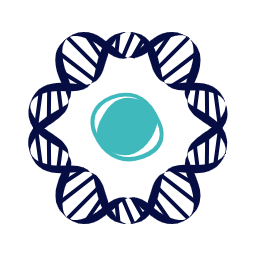
Common Allergens
Discussing common allergens that trigger allergic reactions, such as pollen, dust mites, pet dander, mold, certain foods (e.g., peanuts, shellfish, dairy), insect venom, and medications (e.g., penicillin).

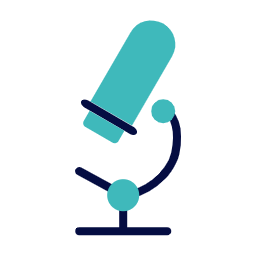
Diagnosis of Allergies
Discussing methods used to diagnose allergies, such as medical history evaluation, physical examination, allergy testing (skin prick tests, blood tests), and elimination diets.
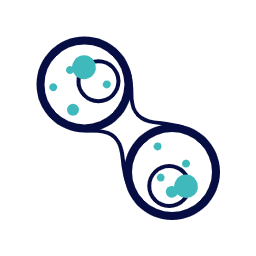
Treatment Options
Providing an overview of treatment modalities for allergies, including allergen avoidance strategies, medications (antihistamines, decongestants, corticosteroids, epinephrine), allergen immunotherapy (allergy shots), and emergency treatment for severe allergic reactions.
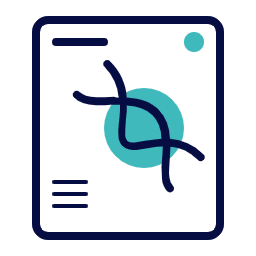
Emerging Research and Advances
Highlighting ongoing research efforts, advancements in allergy treatment and prevention, and innovative approaches aimed at improving outcomes for individuals affected by allergies.
Treatment

Gynaecological Issues
Women in all stages of their lives from infancy through old age experience a full range of emotional.
Musculoskeletal Issues
Musculoskeletal disorders can result from repetitive or postural strain, sudden exertion.
Headaches
Most people have headaches from time to time, but if you with headaches.
Common Cold & Cough
Runny nose, sore throat and headaches are some of the common symptoms of cough and cold.
Immunity
The immune system consists of special organs, cells and chemicals which help to fight the infections.
Lifestyle Diseases
Lifestyle disease literally means a disease acquired by a person depending on the lifestyle one leads.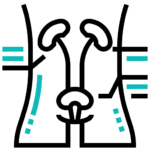
Urinary Infection
Urinary tract infection involves infection in any part of the urinary system and is very common in adult women .
Infertility
Today almost one in six couples face difficulty in conceiving. In India infertility has increased.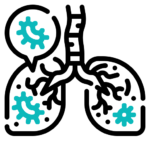
Autoimmune Disease
Autoimmune diseases arise from an overactive immune response of the body against substances and tissues normally present in the body.FAQ For Allergies
What are allergies?
Allergies are immune system reactions to substances that are usually harmless, triggering symptoms such as sneezing, itching, hives, or more severe reactions like anaphylaxis.
What are the common types of allergies?
Common types include seasonal allergies (hay fever), allergic rhinitis, food allergies, insect sting allergies, drug allergies, and allergic skin conditions (eczema, hives).
What are the most common allergens?
Common allergens include pollen, dust mites, pet dander, mold, certain foods (e.g., peanuts, shellfish, dairy), insect venom, and medications (e.g., penicillin).
What are the symptoms of allergic reactions?
Symptoms range from mild (sneezing, itching, watery eyes) to severe (anaphylaxis) and may affect the respiratory system, skin, digestive system, or cardiovascular system.
How are allergies diagnosed?
Diagnosis involves medical history evaluation, physical examination, allergy testing (skin prick tests, blood tests), and sometimes elimination diets.
